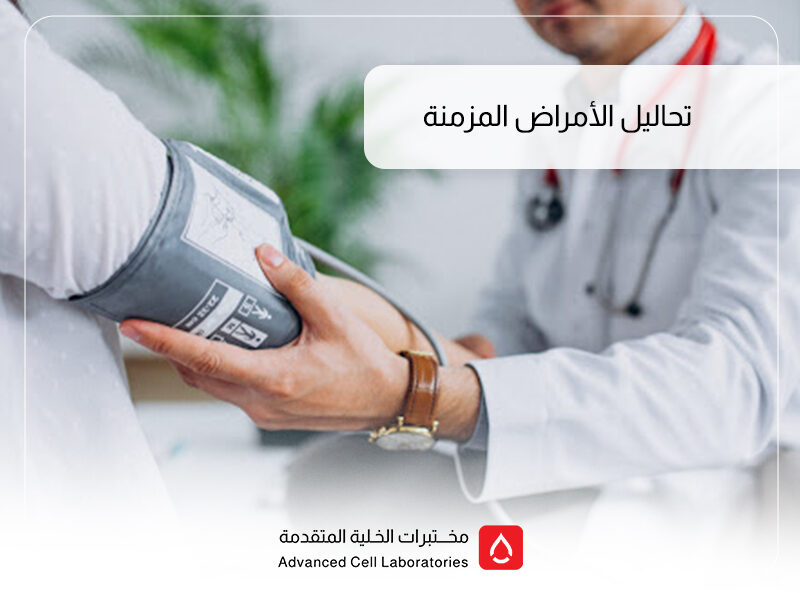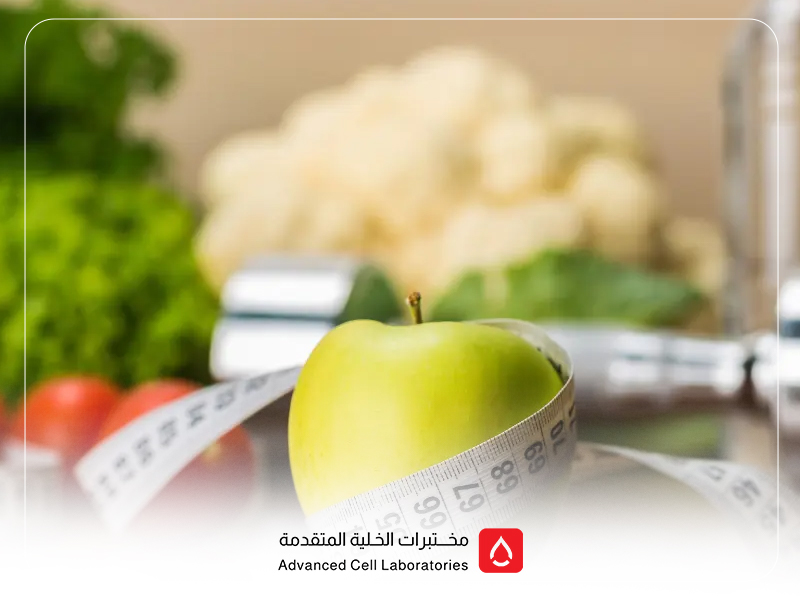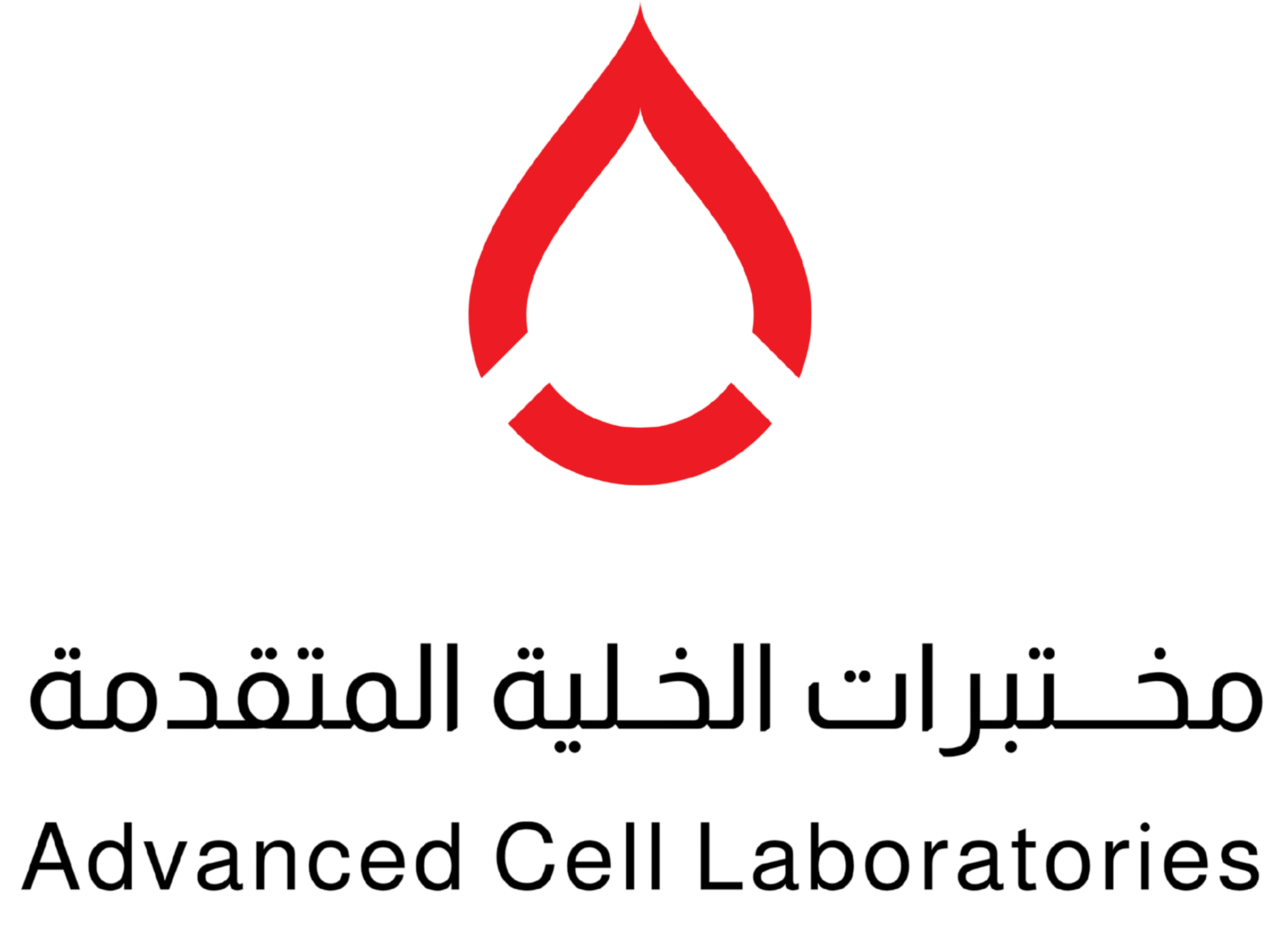- June 8, 2025

The demand for chronic disease tests in Saudi Arabia is increasing today due to the high prevalence of chronic diseases such as diabetes, high blood pressure, and heart diseases. Routine check-ups and early detection of these diseases significantly help in improving quality of life and preventing serious health complications.
In this article, we review the most important required tests, how to prepare for them, and the best places to perform them.



Regular chronic disease testing in Saudi Arabia contributes to early detection and effective disease management, improving quality of life and reducing complications. Don’t hesitate to visit Advanced Cell Labs for all tests with accuracy and safety. Book now to start your journey to better health!
What are chronic disease tests?
Chronic disease tests are a set of medical examinations aimed at diagnosing and monitoring long-term diseases that require continuous care, such as diabetes, high blood pressure, heart, kidney, and liver problems. These tests help monitor health status and manage the disease effectively.The importance of early detection of chronic diseases

- Early diagnosis helps detect the disease before symptoms appear or the condition worsens.
- Improves treatment effectiveness, as response to treatment is better in the early stages.
- Prevents serious complications such as kidney failure, strokes, or limb amputations.
- Reduces healthcare costs associated with late treatment and complications.
- Enhances quality of life through disease management and symptom control.
- Increases chances of recovery or disease control, such as for high blood pressure or diabetes.
- Supports making accurate and timely medical decisions based on actual health status.
- Promotes a healthy lifestyle with awareness of the importance of regular check-ups.
- Enables patients to monitor their health status regularly.
What are the main chronic diseases that require routine tests?
- Diabetes
- High blood pressure
- Cardiovascular diseases
- High cholesterol and triglycerides
- Kidney and liver diseases
- Osteoporosis
- Gout
- Obesity and metabolic disorders

Diabetes and Blood Pressure Tests
These are among the most important tests and include:- HbA1c (Glycated Hemoglobin) to measure the average blood sugar level over the past months, helping monitor the accuracy of diabetes control.
- Blood pressure test which detects hypertension and is used for continuous monitoring.
Cholesterol and Heart Disease Tests
Here is a brief overview of the relationship between cholesterol tests and heart diseases:
1. What are cholesterol tests?
- Total Cholesterol – Measures the total cholesterol level in the blood.
- LDL (Low-Density Lipoprotein) – Known as “bad cholesterol”, high levels increase the risk of atherosclerosis.
- HDL (High-Density Lipoprotein) – Known as “good cholesterol”, protects against heart disease.
- Triglycerides – Another type of fat; high levels are associated with heart disease and strokes.
2. Relationship between cholesterol and heart diseases
- High LDL cholesterol causes:
- Fat accumulation on artery walls (atherosclerosis).
- Narrowing or blockage of arteries.
- Increased risk of:
- Angina
- Heart attacks
- Strokes
- Low HDL reduces the body’s ability to remove excess cholesterol.
- High triglycerides double the risk of heart disease, especially when combined with high blood pressure or diabetes.
Kidney and Liver Function Tests
1. Kidney Function Tests
- Creatinine:
- Evaluates the kidney’s ability to filter waste from the blood.
- Urea or Blood Urea Nitrogen (BUN):
- Measures the nitrogenous waste in the blood.
- Glomerular Filtration Rate (GFR):
- The most important indicator of kidney efficiency (calculated based on creatinine, age, and sex).
- Complete Urinalysis:
- Detects protein, blood, or infections in the urine.
2. Liver Function Tests
- ALT (Alanine Transaminase):
- Increases when liver cells are damaged.
- AST (Aspartate Transaminase):
- Used together with ALT to assess liver condition.
- ALP (Alkaline Phosphatase):
- Indicates problems in the liver, gallbladder, or bones.
- Bilirubin:
- High levels may indicate liver problems or bile duct obstruction.
- Albumin and Total Protein:
- Evaluates the liver’s ability to produce essential proteins.
Osteoporosis and Gout Tests

1. Osteoporosis Tests (DEXA Scan)
1. Bone Density Scan (DEXA Scan)
- Purpose: Measures bone mineral density (especially in the hip and spine).
- Importance: Primary diagnosis for osteoporosis and fracture risk assessment.
2. Blood Calcium Test
- Purpose: Measures calcium levels essential for bone health.
- Low calcium may indicate osteoporosis or parathyroid disorder.
3. Vitamin D (25-hydroxy Vitamin D)
- Importance: Necessary for calcium absorption; deficiency is common in osteoporosis patients.
4. Phosphorus and Parathyroid Hormone (PTH)
- Monitors mineral balance related to bone health.
2. Gout Tests
1. Uric Acid in Blood
- Main test to diagnose gout.
- High levels indicate urate crystal accumulation in joints.
2. 24-Hour Urine Uric Acid Test
- Helps determine whether the body produces excess uric acid or fails to excrete it.
3. Joint Fluid Analysis
- In suspected acute gout, fluid is drawn from the joint to detect urate crystals.
How to prepare for chronic disease tests?
It is recommended to fast for 8-12 hours before some tests such as HbA1c and cholesterol tests to ensure accurate results. Follow the lab instructions carefully. Learn more: Diabetes Testing in Saudi Arabia | Best HbA1c and Glucose Test PricesWhen should these tests be done?
- When symptoms or risk factors exist, such as obesity or family history.
- As part of routine follow-up for chronic diseases to maintain stable health.
- According to specialist doctor’s recommendation.
Cost of chronic disease tests in Saudi Arabia
The cost varies depending on the type of test and the lab. Many Saudi labs offer high-quality services at competitive prices. To get the best value, search for the best lab for chronic disease testing, such as “Advanced Cell Labs,” known for accuracy and speed. Read more: Cholesterol Blood Tests: Your Complete Guide for Lipid Testing in Saudi ArabiaFAQ about chronic disease tests
Do some tests require fasting? Yes, tests like HbA1c and cholesterol require fasting for 8-12 hours. How long do test results take? Usually available within 24-48 hours depending on the test. Can tests be done without an appointment? Depends on the lab policy; some labs offer pre-booking services. How to interpret chronic disease test results? It is recommended to consult a specialist doctor for result interpretation and determining appropriate treatment steps.How to choose the best lab for chronic disease tests
When choosing a lab, ensure:- Official accreditation and modern equipment.
- Specialized medical staff.
- Speed and accuracy in issuing results.
- Availability of support and medical follow-up services. Advanced Cell Labs is the ideal choice in Saudi Arabia to meet all these requirements.


